What Mental Illness Really Is… (and what it isn’t)
£0.90
‘A must-read… Fascinating’ Jo Brand
We need to rethink the conversation around mental health – psychologist Lucy Foulkes explores how and why.
How do mental health problems arise?
How do we distinguish between the ‘normal’ challenges of modern life and actual illness?
Is society really experiencing a new mental health crisis?
In this urgently needed book, psychologist Lucy Foulkes investigates what we know about mental illness – and shines a light on what we don’t. It offers a profound new approach to how we think, talk and help when it comes to mental health.
(Previously published in 2021 in hardback under the title Losing Our Minds.)
‘Captivating…engaging and lucid’ Sarah-Jayne Blakemore, author of Inventing Ourselves
‘Clear-headed, compassionate and, ultimately, optimistic’ Mark Haddon, author of The Curious Incident of the Dog in the Night-Time
‘Thorough, wise…much needed’ Mark Rice-Oxley, author of Underneath the Lemon Tree
Read more
Additional information
| Publisher | Vintage Digital (21 April 2022) |
|---|---|
| Language | English |
| File size | 2095 KB |
| Text-to-Speech | Enabled |
| Screen Reader | Supported |
| Enhanced typesetting | Enabled |
| X-Ray | Not Enabled |
| Word Wise | Enabled |
| Sticky notes | On Kindle Scribe |
| Print length | 229 pages |
| Page numbers source ISBN | 1847926398 |

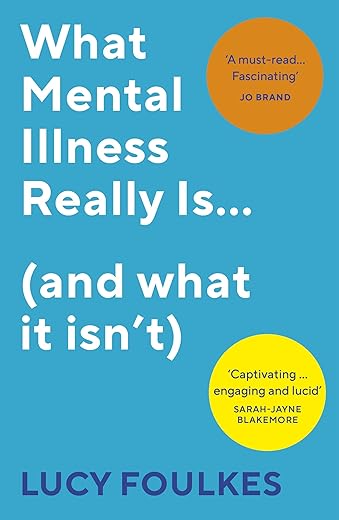
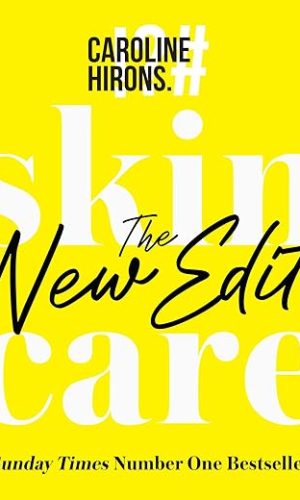
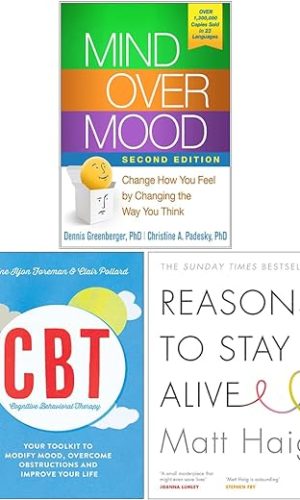

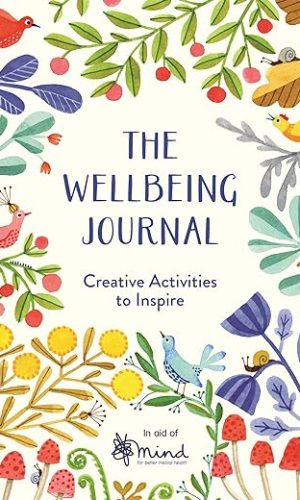
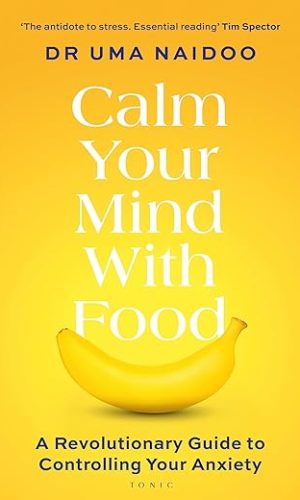

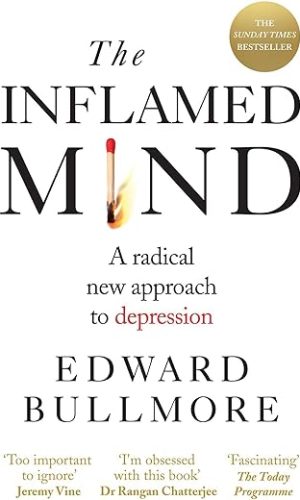
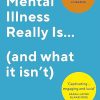
by Arch Stanton
It’s alright but could do with a theoretical framing of the issues. For example to frame how/why culture shifts in relation to discursive practices, power. A little Foucault goes a long way. Or even some of the contemporary psychoanalytic approaches. Also, the chapter on adolescence is particularly shabby. It would do better if it avoided the implication of a universal developmental pathway; one that implicitly reflects Western culture. And I also feel that the chapter fails to escape the lure of a common sense understanding of adolescence as a difficult time. “OOOHH HE IS JUST A TEENAGER, AFTER ALL! That’s why he’s having a tantrum and throwing his pudding at Granny!” That kind of thing. But like I said at the start: it’s alright. But then again: if you are already a mental health advocate [whatever that means] and beating a drum for your own particular cause and trying to ‘raise awareness’ then you’re probably gonna dismiss anything that doesn’t support your narrative, anyway. Imagine trying to tell someone: “Nah you ain’t got it hard! My Great Grandad Albert who fought in the Boer War had it hard. He lived on nothing but dirt for weeks on end under constant risk of being run over by a herd of oxen! That was hard! All you got is a bad case of conceptual drift, a lot of people who need to identify with something, and a lack of critical thinking!” Good luck with that.
by Umar Toseeb
The book does exactly what it says on the cover. Explains what mental illness is – what is isn’t- and how definitions have changed over time. Then the focus of the book moves towards biological and environmental explanations for mental illness. Followed by the importance of adolescence and the role of social media. Towards the end Lucy focusses on support – drugs and therapy – but also how we can help ourselves and each other.
A few quotes from the section on language that really stood out for me:
“If every low mood is described as depression, if every psychological difficulty is framed as a mental illness, then we risk losing sight of the people who are truly ill” and “all forms of psychological distress are the price we pay for being alive. Suffering is part of being human” – context is important here so read the book!
No doubt I’ll be reading the book again, just in case I missed some stuff the first time around.
by Umar Toseeb
This is a great introduction for anyone interested in or starting to study the world of mental health and mental illness. I say ‘introduction’ though, because you will have to read then this if you want to go into further depth.
by STCS Bell
This is a very accessible read. Mental health is very important. As is pointed out, the awareness of mental health needs is there, but our (the research of) understanding of it is very much muddled. In addition, the language we use causes issues; how words such as depression are being said without a full understanding of what the condition, and the word used to describe it, means. Thoroughly recommend this book to psychologists, and especially those whose work is within mental health. Also recommend to educational professionals such as school staff who may come across individuals with mental health needs. Anyone with experience of mental health needs would find this accessible and interesting…. in my view anyway!
by Lynette
I loved this book, I’ve been a GP since 2007 and often stood back and wondered at how so many people in the population have ended up on antidepressants, am I part of the the problem by prescribing these? Are we really more depressed and anxious than previous generations? This book goes into depth on all these issues I’ve pondered over the years and I loved it. The writing is really engaging, there’s just the right amount of research to give the book weight and credibility without being dry and dull. The author shares some of her personal experiences without it feeling like she’s over sharing or using the book for her own therapy (many books on this topic do in my opinion).
I’ve read several books in this field, many of which are mentioned in this book but I loved the breadth of this and also how very up to date it is. Excellent all round whether you work in the field of health or are just interested in what’s happening around us in society I can’t recommend this enough.
by Mrs Mary Stanley- Duke
Everyone should read this. An excellent, extremely accessible discussion on mental health. Sensitive, humanistic, and replete with common sense as well as published medical articles. An important read.
by Baldongan
I read this to try and understand mental health a bit better. The author made the reading and wording engaging to follow whilst being informative which is never easy
by Big Rich
I work in Further education and over the last 20 years I’ve noticed the decline in the mental well-being of students which was exacerbated by the response to the covid-19 pandemic. Lucy’s book points out some very pertinent facts about the way we categorise mental illness and how we could be inadvertently making the problem worse by excessive labelling and over-diagnosing. A must read for anyone working with teenagers, because there is so much we could do better. Thank you Lucy, for speaking out and making the information accessible to all.